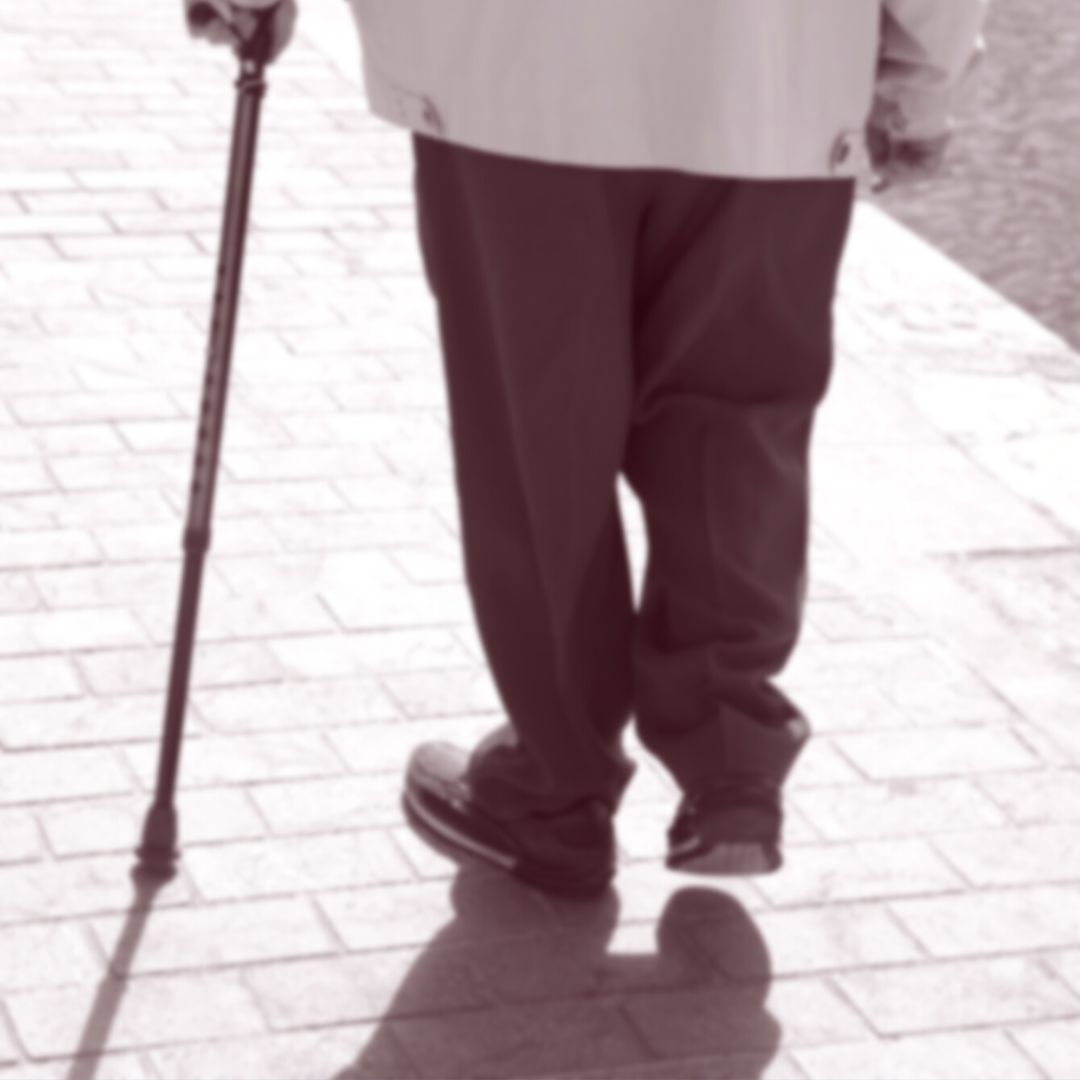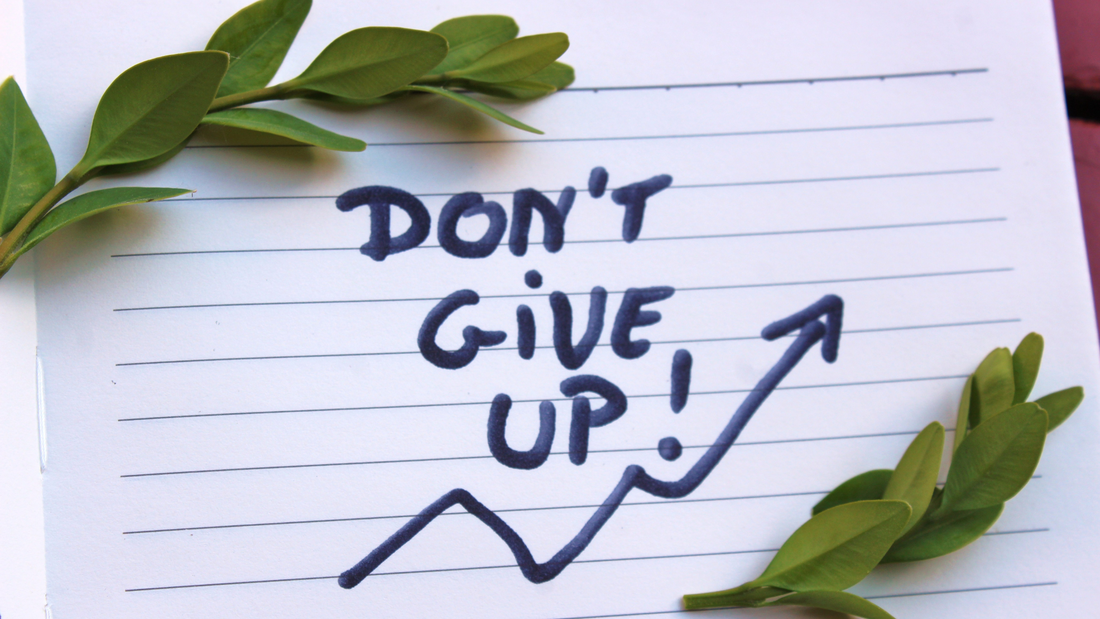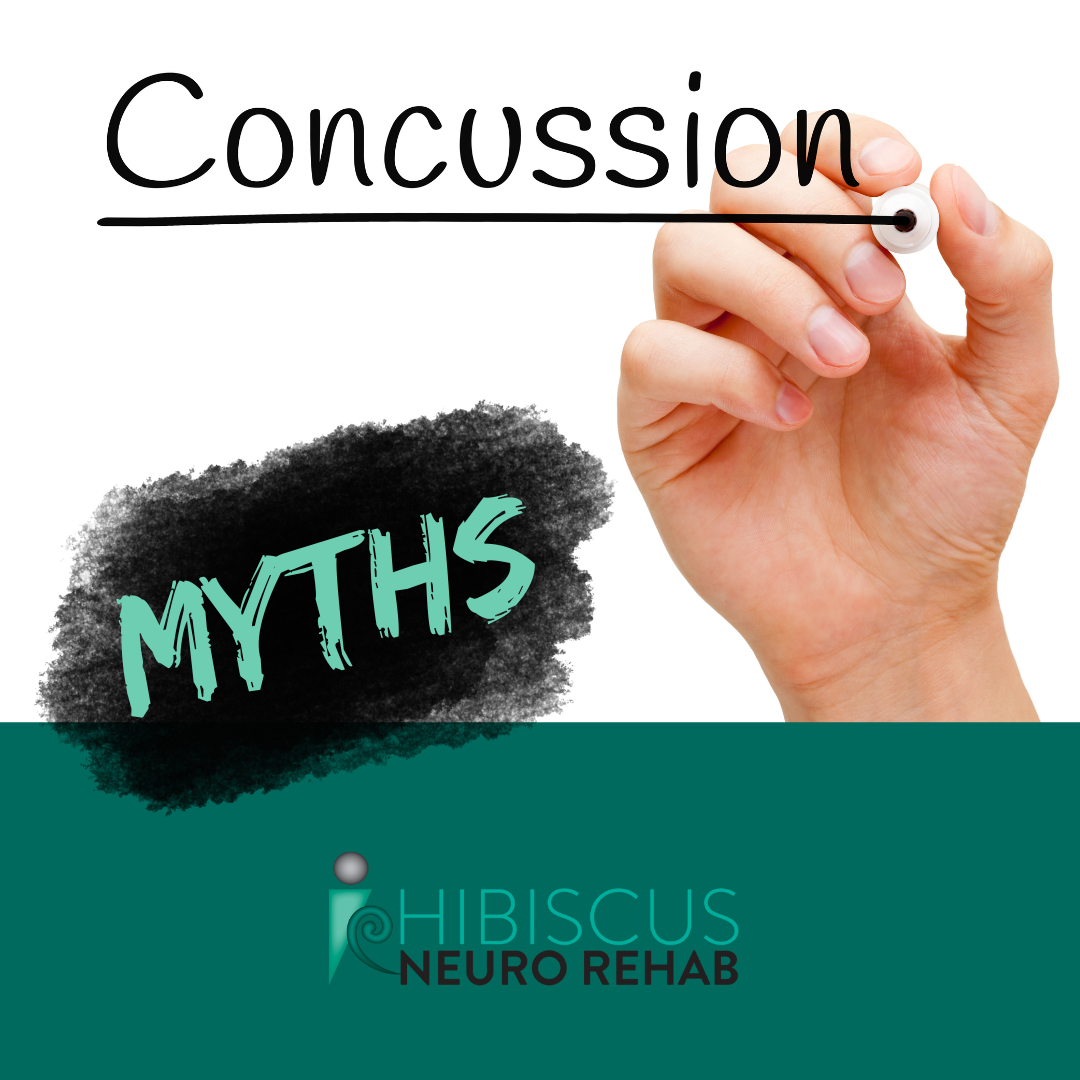|
Walking is often the number one goal that clients want to improve following stroke. Emphasis is often on the walking pattern or how the walking looks. Optimising the walking pattern after stroke is important to improve walking safety and efficiency, energy conservation and improve overall performance. However an important feature of walking that is often be overlooked is walking speed.
Studies have shown that walking speed is reduced by up to 50% following a stroke which limits participation in day to day activities, socialisation and the ability to walk in the community. This can lead to individuals becoming housebound, socially isolated and dependant on others for extra supports. Nascimento et al 2015 did a systematic review of 7 clinical trials which looked at training walking speed following stroke using external cues with setting cadence. The cadence/speed of stepping was set using a metronome app. The individuals in the trials were tasked to match their steps to the beat of the metronome which was progressively increased. The results of these trials showed that cueing walking speed using a metronome increased walking speed by 50%, by training for 30minutes a day over a 4 week period. This is just one example of a cost- effective tool to help retrain walking speed. If you would like more help on how you can improve your walking and get your pace up with your walking post-stroke then get in touch with us. It can get tougher in these colder months to keep going. Or perhaps you are wanting to start working towards a goal, but know that you find it tough staying motivated or don't know where to begin.
Here are 9 tips to consider when starting a new journey, be it in exercise, nutrition or something completely different. 1. Knowing your 'why': Knowing WHY you started this journey and WHY you are doing it can help keep you in check and keep you motivated to carry on when it gets tough. What is your WHY? 2. Start small: When working on a life long change, start with small, achievable changes so that you are less likely to give up and you can stay motivated as you achieve these tasks. 3. Set a date: Giving yourself a realistic deadline to achieve goals can motivate you to get working and not give up! You will feel accomplished when you achieve this goal by this date. 4. Checklist: These are GREAT for 2 reasons:
6. Find a mentor: Finding someone who is knowledgeable in the field that you are interested in and working towards can help ensure your goals are realistic and provide you with insight into how to achieve your goals safely and efficiently. 7. Find a routine: Once you know what your goals are and know your WHY, setting up a consistent routine every day or week will help your mind and body adjust to these changes. Consistency is key. 8. Be around the right people: Surround yourself with people who will support you and motivate you to keep going. Choosing who you give your energy to will have a huge impact on your end goal and motivation levels. 9. Celebrate all wins: No matter how big or small, celebrate EVERY win. Acknowledge these wins and be proud of the progress you have made. Remember these wins and use this as fuel for your motivation! Let us know if you have tried any of these tips, and how have they worked for you? CONCUSSION MYTHS vs REALITY
So often we get clients who come see us very late after having a concussion, and report to us that they were told to only rest, or to just carry on with their everyday activities. When we talk to them, they can report still feeling fatigued, having sleep issues and/or can't handle doing a lot of exercise, to name a few. Research now supports that pure rest is actually doing a dis-service to those with concussion, and that graduated return to activity after 24-48 hours of physical and cognitive rest (monitored by a health professional with concussion experience) is favored in concussion recovery. Graduated activity can help with: Increasing blood flow, and therefore oxygen to the brain to help promote healing Improving mood and cognition Increasing your exercise tolerance again Promoting neuroplasticity (brain changes to promote healing and creating new neural pathways) It is important to note that a large benefit of reaching out to a qualified health professional in concussion management is for education and guidance around pacing strategies, fatigue management and the most recent evidence-based approaches to concussion management. Concussion rehab is very individual and is not a "one size fits all" approach. If you recently had a concussion, or are experiencing ongoing symptoms that are not resolving, please contact us so we can help you. |
�
Categories
All
Archives
July 2023
|
|
Contact Us
Give us a call or send us an email to find out how we can help you on your rehab journey Phone 09 424 3254 [email protected] Visit us 3/55 Karepiro Drive, Stanmore Bay, Whangaparaoa |
Cancellation Policy:
Out of courtesy to your therapist, and other clients who may be waiting for an appointment, please inform us of cancellations as soon as possible.
Cancellations Charges: Short notice cancellations within 48 hours of your appointment or reschedules will incur a late cancellation fee of 60%.
For block bookings, one session will be deducted for three cancelled appointments.
Please be aware that ACC does not cover all cancelled appointments.
How to Cancel Your Appointment
If you need to cancel your appointment, please call us at 09 424 3254 between the hours of 8am – 5pm. If necessary, you may leave a detailed voicemail message. We will return your call as soon as possible.
Late Cancellations/No-Shows
A cancellation is considered late when the appointment is cancelled less than 48 hours before the appointed time. A no-show is when a patient misses an appointment without cancelling. In either case, we will charge the patient a 60% missed appointment fee.
Out of courtesy to your therapist, and other clients who may be waiting for an appointment, please inform us of cancellations as soon as possible.
Cancellations Charges: Short notice cancellations within 48 hours of your appointment or reschedules will incur a late cancellation fee of 60%.
For block bookings, one session will be deducted for three cancelled appointments.
Please be aware that ACC does not cover all cancelled appointments.
How to Cancel Your Appointment
If you need to cancel your appointment, please call us at 09 424 3254 between the hours of 8am – 5pm. If necessary, you may leave a detailed voicemail message. We will return your call as soon as possible.
Late Cancellations/No-Shows
A cancellation is considered late when the appointment is cancelled less than 48 hours before the appointed time. A no-show is when a patient misses an appointment without cancelling. In either case, we will charge the patient a 60% missed appointment fee.




 RSS Feed
RSS Feed
